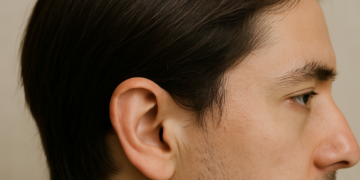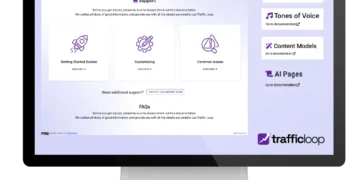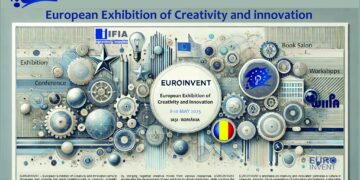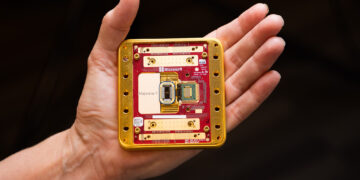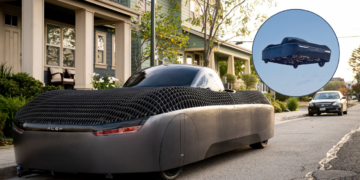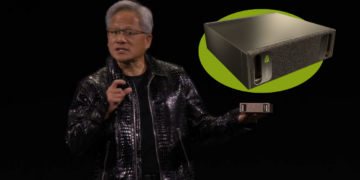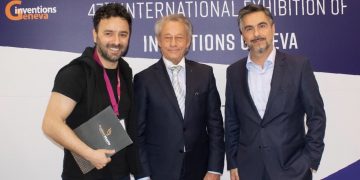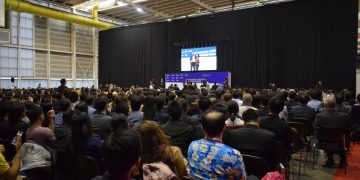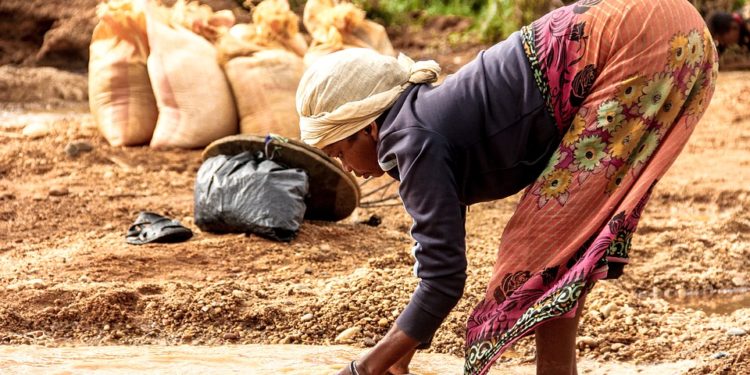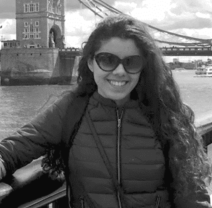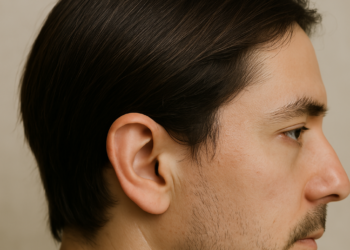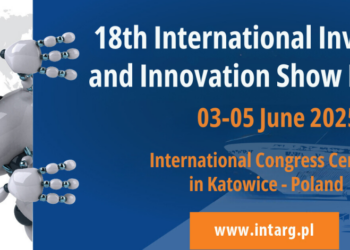The protagonist of the project is the beautiful island of Madagascar.
The population of Madagascar, (the Malagasy), are large consumers of rice, in any way and at all hours of the day. The main rice barns in Madagascar are located in the High Lands, where it is also grown at great heights.
The rice is initially light green in colour, then darkens and before drying becomes gradually gold in colour. When dry, it is harvested and then beaten to remove the grains from their shell, all the Malagasy do it by hand.
Unfortunately, however, despite the large amount of rice grown, Malagasy producers, which now number about 8 million, suffer serious losses, about 37% of production is in fact lost during post-harvest storage, this is because farmers can not keep this cereal for too long and in a suitable way, do not have warehouses or warehouses having to protect the crop from moisture and insects. As a result, they are forced to sell their products at the time of harvest, when prices are lower. Six months later, they have to buy rice for their own consumption, at exorbitant costs, making them indebted.
Two engineering students from Central School Lyon, Gauthier Perrin and Franco-Malgamation Enki Barache, were able to experience the island to the full. Gauthier has worked on Malagasy farms, while Enki returns there every year to visit part of his family.
Both have devised a new type of low-cost storage for rice, Tigoun (a word that comes from the contraction of tiako which means “I like it” in Malagasy and the word “gony” which means “bag of rice”), a powerful and ecological bag that with its properties allows you to store rice for 12 months, instead of one like the plastic bags for more pollutants that are used at the moment.
By distributing sales throughout the year, and no longer suffering the current losses, small producers will be able to bear the costs of educating three children per family. An extraordinary result if you consider that Madagascar has a very low rate of schooling.
Tigoun is going to address a socio-economic issue that is really important both for food security and for the income of Malagasy families. The students have distinguished themselves for their invention, obtaining the “French Cup” of young social entrepreneurs, a prize drawn by Makesense, an incubator of talents that will support the project.


